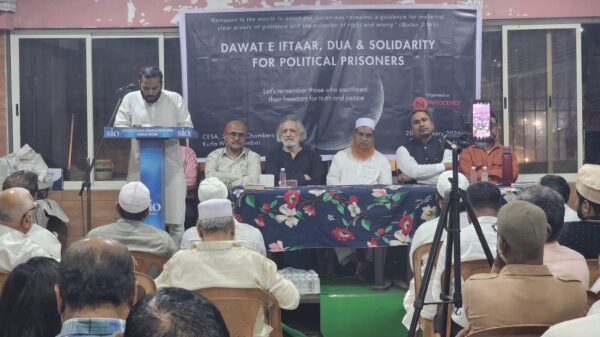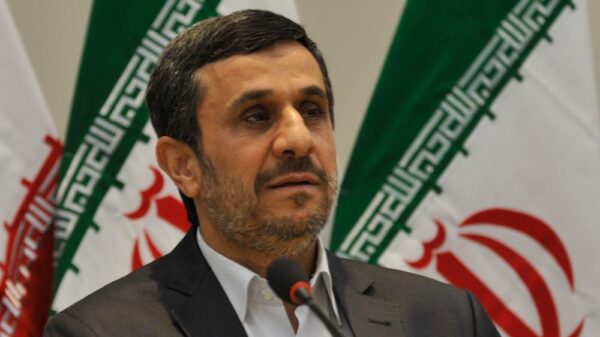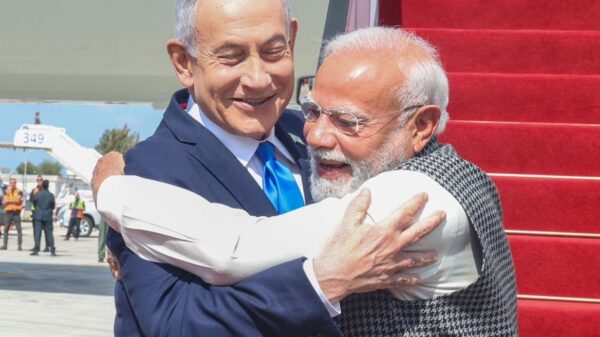Living under protracted conflict conditions, Gazan children endure a plethora of traumatic experiences that profoundly impact their psychological well-being. For generations, Gazan children have grown up amidst the echoes of airstrikes, the wails of sirens, and the spectre of displacement.
The misery of this unending nightmare is fathomless, manifesting in a myriad of mental health challenges that afflict Gazan children with alarming frequency. PTSD, depression, and anxiety are all too common, as the weight of their experiences bears down heavily upon them.
In one of the interviews, Dr Iman Farajallah, a psychologist who was born and raised in Gaza and is now living in California, said, “Palestinian children are subjected to witness continuous and repetitive traumas over and over again. A lot of people refer to the trauma of children in war zones, particularly in Gaza, and they talk about PTSD. I want all mental health professionals to be careful labelling it as PTSD because it’s not. It is what I call complex continuous traumatic stress. The diverse and long-lasting effects of extended and recurring trauma are distinctly different from the consequences of a single traumatic incident.”
For more than 75 years, there has been a history of suffering in Gaza due to Israeli oppression. This period marks a long history of conflict, displacement, and adversity for the people living in Gaza. The ongoing conflict has subjected Gazan children to unimaginable trauma, witnessing destruction, the loss of loved ones, and living in constant fear. These experiences not only shape their present but also cast a long shadow on their future well-being.
Nightmares, flashbacks, hyperarousal, and emotional numbness are haunting manifestations of their traumatic experiences, affecting their daily lives and hindering normal development.
As the WHO reports (2022), 1 in 5 people in the population has developed a wide range of mental symptoms such as depression, anxiety, post-traumatic stress disorder (PTSD), bipolar disorder, or schizophrenia.
Amir, a 14-year-old boy, shared his experience of how deeply frightened he felt during the escalation of violence in May 2021 in Gaza: “During the night, I couldn’t sleep because I had a nightmare. I was really afraid that they would bomb our house or bomb our neighbours again. I was on edge. I would tell my dad about the nightmares, and he would reassure me that it won’t happen. Then I would go back and try to sleep again.”
According to Save the Children’s latest research, the mental well-being of children, young people, and caregivers has dramatically deteriorated since their last report four years ago, with the number of children reporting emotional distress increasing from 55% to 80%.
The report showed that there was an increase in the number of children who reported feeling fearful (84% compared with 50% in 2018), nervous (80% compared with 55%), sadness or depression (77% compared with 62%), and grief (78%compared with 55%). It also reported that more than half of Gaza’s children thought about suicide, and three out of five self-harm.
Yousef, A father of three children and also a member of Save the Children in Gaza said, “There is a lot of loss and a lot of pain. We are fearful of what the coming hours will bring, of what tomorrow will bring. Death is everywhere. My children look into my eyes every day, they are searching for answers. I have no answers for them. It is very hard, especially for children. We try to pull ourselves together to support and protect children. The needs are huge.”
The mental sufferings of Gazan children are a silent epidemic, ravaging their minds and souls. From the trauma of witnessing unspeakable horrors to the gnawing ache of hunger and fear, the scars left by the conflict are not only on the physical landscape but also etched into the psyche of a generation that deserves a chance at a brighter and more stable future.




































































